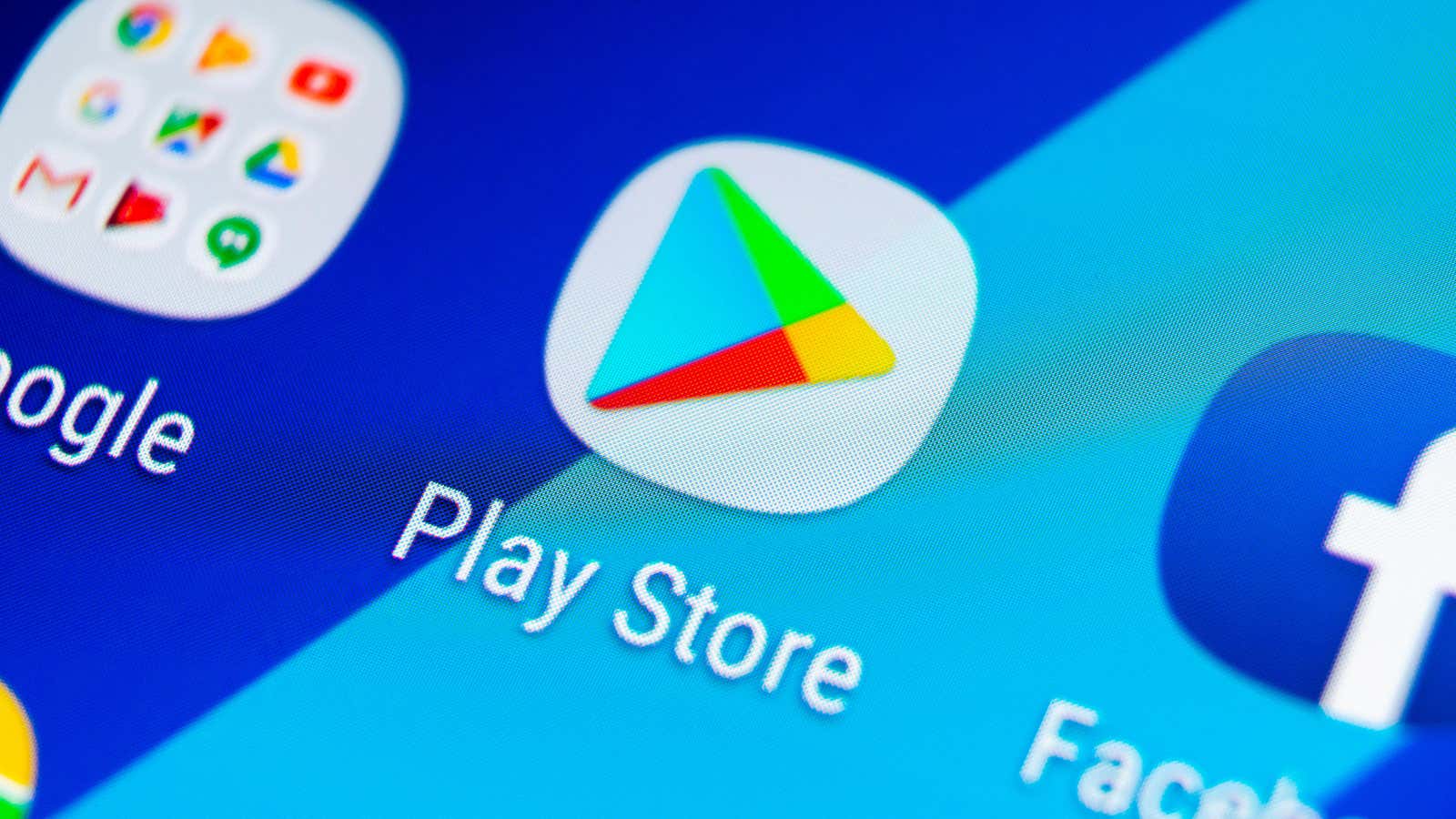Remove These 35 Malicious Apps on Your Android

While official app stores are the safest way to find and download new software on your smartphone, they are not without their drawbacks. The Google Play Store has protections to weed out malicious apps, but sometimes some manage to sneak in undetected. 35 such apps have just been discovered hidden in the Play Store: if you have downloaded any of them on your Android device, delete them now.
On Wednesday, August 17th, cybersecurity technology company Bitdefender published a report in which they found a fresh batch of 35 malicious apps in the Play Store. These apps are aggressive in their deception – they trick users into downloading them, each one masquerading as an app that the average Android user might like. However, once the user installs the app, it changes its name and app icon to remain hidden on the device.
Many switch the icon to a settings-related icon and create an alias for the actual Settings app. When you open a fake app, it ends up opening the real Settings app, tricking you into thinking it’s a legitimate Settings app. These apps will also be hidden from recent app lists, making them even harder to spot in everyday use.
The purpose of these apps is to provide you with a disgusting amount of ads: besides being annoying, these ads are making money for the developers of malicious apps. To make matters worse, the developers run these ads from their own environment, which bypasses the protections normally implemented by Android. This allows developers to link to malware through these ads, which exacerbates the danger.
Bitdefender detects these types of applications using real-time behavior technology that identifies applications using methods known to be associated with fake or malicious software.
Below is the complete list of apps found in the report compiled by Tom’s Guide . If you have downloaded any of these applications on your device, please uninstall them immediately. Of course, it’s possible that apps have changed their names and app icons, which means you’ll need to be thorough in your investigations: look for any apps, such as utilities or settings apps, that you know weren’t previously on your computer. device.
- Wall Light – Wallpaper Pack: 100K+
- Big Emoji – Keyboard: 100K+
- Grad Wallpapers – 3D backgrounds: 100K+
- Engine Wallpapers – Live & 3D: 100K+
- Stock Wallpapers – 4K & HD: 100K+
- EffectMania – Photo Editor: 100K+
- Art Filter – Deep Photo Effect : 100K+
- Fast Emoji Keyboard : 100,000+
- Create sticker for whatsapp: 100 000+
- Math Solver – Camera Helper: 100K+
- Photopix Effects – Artistic Filter: 100K+
- Led Theme – Colorful Keyboard : 100K+
- Keyboard – Fun Emoji, Sticker: 50K+
- Smart WiFi: 10,000+
- My GPS Location: 10K+
- Image warp camera: 100K
- Art Girls Wallpapers HD: 100K+
- Cat Simulator: 50K+
- Smart QR Creator: 10,000+
- Colorize an old photo: 500+
- GPS locator: 100,000,000,000
- Wallpapers for girls: 10K+
- Smart QR Scanner: 50,000+
- GPS location maps: 100,000
- Volume control: 50K+
- Secret Horoscope: 10K+
- Smart GPS Location: 10,000+
- Animated sticker master: 100K
- Personality Charging Show: 100K
- Sleep sounds: 100K
- QR Creator: 10,000+
- Media volume slider: 10K+
- Secret Astrology: 10 K+
- Colorize photos: 10K+
- Phi 4K Wallpapers – Anime HD: 50K+
How to avoid downloading malware-infected applications
Malicious apps are deceptive and insidious and certainly don’t advertise themselves as malicious on the Play Store. However, they often give themselves away in several different ways. If you follow the red flags, you may not be able to download them on your Android device.
If an app has a high install count but little to no reviews, avoid it. Bitdefender has found that an app like GPS Location Maps, with over 100,000 downloads, has no reviews. On the other hand, if there are reviews, read them carefully. If most of them seem poorly written, fake, or even written about a different app, that’s a bad sign.
Pay attention to the permissions that the application asks you for. It makes sense for a GPS app to request your location, but not your camera and microphone, for example. Also watch out for apps asking for special permissions. Most of the applications that you download do not have the right to ask for access permissions, which indicates software seeking to perform some questionable activity in the background.
Although the Play Store contains the most hidden apps that are infected with malware, it is not only Android that is facing this problem. Researchers recently found several malicious apps in the iOS and macOS app stores, a reminder that Apple and Android fans should be vigilant when downloading every app.